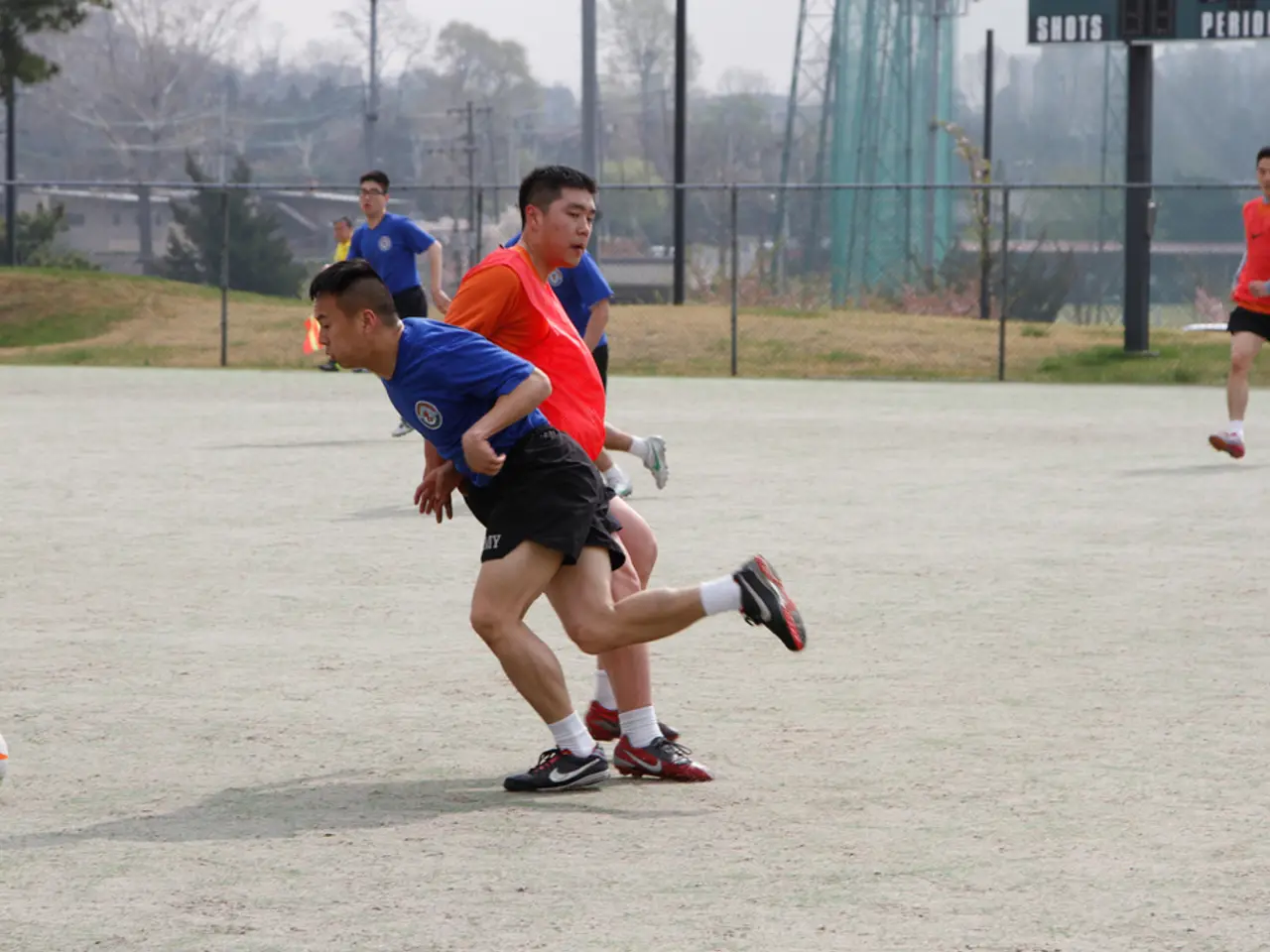Collegiate athletic association pursuing measures to prevent older transfer student from participating in games at Rutgers University.
The National Collegiate Athletic Association (NCAA) is currently appealing a court ruling that allows 24-year-old Jett Elad to play college football for Rutgers this fall. The dispute revolves around Elad's eligibility beyond the NCAA's standard Five-Year Eligibility Rule.
In April 2025, U.S. District Judge Zahid N. Quraishi ordered the NCAA not to enforce the rule against Elad, who had already played four seasons in five years, making him ineligible under the NCAA's regulations. The ruling was based on antitrust challenges to the NCAA’s eligibility rules in light of the evolving rights of athletes regarding Name, Image, and Likeness (NIL) compensation.
The NCAA has appealed this injunction to the U.S. Court of Appeals for the Third Circuit, seeking to reinstate the Five-Year Rule's restriction on Elad’s participation in the 2025-26 season. Rutgers’ coach, Greg Schiano, has supported Elad’s eligibility, citing his potential NFL career prospects as part of the broader argument.
Legal arguments focus on the NCAA's defense of the five-year eligibility limit and the legal scrutiny on the junior college (JUCO) waiver and antitrust implications. These could impact future eligibility and athlete participation rules nationwide.
The case is part of a larger context of legal challenges and reform efforts reshaping the NCAA's control over eligibility and athlete rights. Broader NCAA reforms related to these issues are underway but not yet finalized through separate litigation settlements.
As of early August 2025, the NCAA's appeal of the injunction allowing Elad to exceed the five-year eligibility is pending before the Third Circuit. The preliminary injunction remains in effect at least until the appeal is decided, allowing Elad to continue playing for now.
The NCAA argues that Elad's inclusion would take away a roster spot from another player and playing time from another player who would otherwise get snaps. They consider Judge Quraishi's ruling as placing too much emphasis on Schiano's subjective belief about Elad's potential NFL draft prospects. The NCAA contends that the five-year rule is designed for college athletes to complete most college studies, and Elad's proposed framework could allow athletes to train indefinitely before transferring to Division I with four full seasons remaining.
A circuit split, where federal courts of appeals hold conflicting views about the same legal question, could provide a compelling reason for the U.S. Supreme Court to intervene. The NCAA invites the Third Circuit to consider the ramifications of permitting athletes to participate in college sports well past the time necessary for them to complete a college degree.
Elad, a seasoned player, has already played collegiate football for five years and was a finalist for the 2024 Jon Cornish Trophy. He previously attended Ohio University, Garden City Community College (JUCO), and UNLV. The case of Jett Elad is one of many courtroom cases featuring seasoned college athletes who want to keep playing after exhausting their NCAA eligibility.
The outcome of this appeal could have significant implications for the NCAA's eligibility rules and the rights of college athletes regarding NIL compensation. Stay tuned for updates on this developing story.
- The Analysis of the Jett Elad case's impact on the NCAA's eligibility rules and athlete rights is a significant topic in Financial and Lifestyle journalism.
- The NCAA's appeal against Judge Quraishi's ruling on Jett Elad's eligibility is a major point of debate in the realm of Investing, particularly in the Housing Market and Real-Estate sectors.
- The ongoing legal battle between Jett Elad and the NCAA highlights the need for Data and Cloud Computing solutions to manage complex eligibility rules and athlete rights.
- The Jett Elad case is a case study in Sustainable Living, showcasing the evolving rights of athletes and their potential impact on various industries.
- The Elad case, along with broader NCAA reforms, is shifting the landscape of Education and Self-Development, with implications for Personal Growth and Mindfulness.
- The career-development possibilities for athletes like Jett Elad extend beyond college, into fields like Sports Betting and Sports, such as Basketball and NCAA Basketball.
- The Jett Elad appeal also raises questions about Car-Accidents insurance for college athletes, given their increased exposure to traffic as they travel for Budget-Travel and general News reporting.
- Crime and Justice perspectives must consider the broader implications of the Jett Elad case, including its potential impact on accidents and athlete eligibility.
- Skills Training programs for athletes might need to adapt to accommodate longer participated college careers, as demonstrated by the Elad case.
- The ongoing Elad case and its precedent could shape future eligibility rules in Home-and-Garden activities, such as intramural sports and recreational clubs on college campuses.
- The Jett Elad case could trigger a move towards more inclusive and flexible eligibility rules in various sectors, fostering a culture of diversity and innovation in Technology.
- The seemingly never-ending legal battles, like the Elad case, underscore the need for increased travel and security measures to protect athletes, a concern shared by the Travel and Crime-and-Justice industries.




